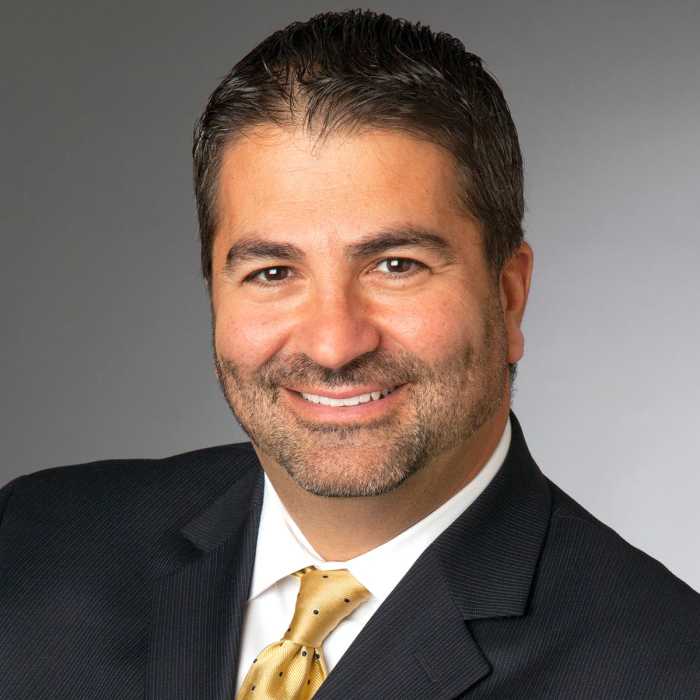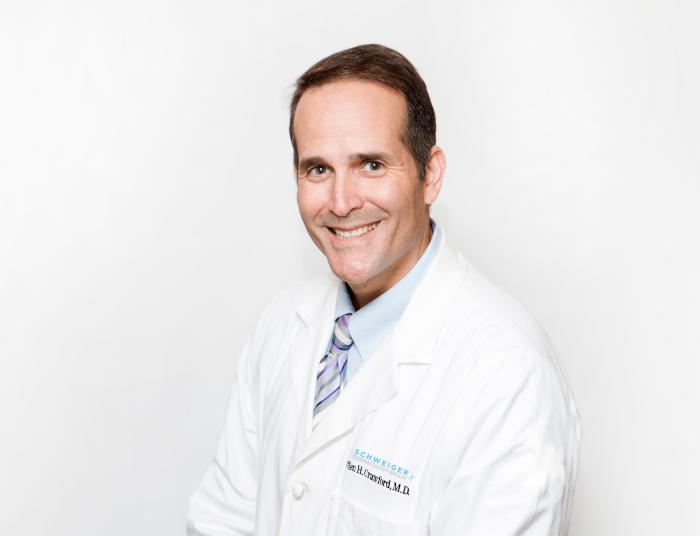Dr. Joseph G. Cacchione is the CEO of Thomas Jefferson University and Jefferson Health. He joined Jefferson from Ascension Health, one of the largest private healthcare systems in the US, where he served as executive vice president of clinical and network services. Throughout his 30-plus year career, Dr. Cacchione has held leadership roles nationally and in Pennsylvania for the American College of Cardiology, and has served on several national and community-based administrative health committees. He has authored and co-authored scholarly papers and presented at national conferences and meetings on healthcare systems and cardiology.
What can Pennsylvania policymakers do to ensure equitable access to quality healthcare?
The state must fully fund Medicaid to pay for those who need help, as well as Medicare Advantage for older folks with complex illnesses. And secondly, policymakers must work with community organizations to build a network for prevention and wellness. That’s also a key commitment for Jefferson.
When and why did you decide to pursue a career in healthcare?
I think I’ve wanted to be a doctor since I was five. As an interventional cardiologist, however, I was drawn to the opportunity to take decisive action on behalf of my patients. But I also saw the need to help people much earlier. We need education, prevention, and support for people before they end up with advanced diseases.
How do you see the healthcare industry evolving in the next five years?
The hospital industry is very different after the pandemic. Hospital systems across the country have been reporting large financial losses. I am very proud of what Jefferson Health did and continues to do post-pandemic. Our volumes and financing structures may change, but we will always respond with our mission in mind and our values first. We believe it is a great honor to take care of another human being.














